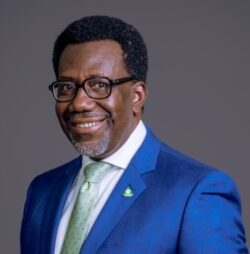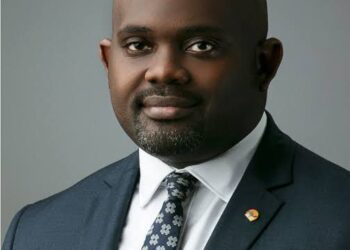The unpredictable state of the economy has largely confined insurance companies to fade out the traditional yearly plan and instead fade in quarterly plan which is flexible and has quick response to the turns and bends in the economy.
The Chairman of Nigerian Insurers Association (NIA), Olusegun Omosehin, at a recent media briefing in Lagos said opting for quarterly plans was the advice giving to members as the antidote the volatile situation of the economy.
“Part of what we have done is to actually encourage our members to be a lot more proactive in terms of planning. Often times companies plan for 12 months at the beginning of every year, but in an environment like this you might need to breakdown your plans to shorter periods where you have a quarterly review of whatever plans you have to see whether they are actually tracking in line with your projections,” Omosehin stated.
With current hopes racing down the hill across the country, the NIA Chairman says there is something to hope for. Against the hope current, he sounds optimistic, “But we believe so much in the economy that there would be a bounce back,” in apparent response to loose hope across the nation, he states, “Some people say we are on our way to Zimbabwe, I don’t actually agree with that. I think things are tough right now because of the choices we have made as a country but we must have the will to see it through before we begin to get the benefits.”
Projecting what might lie ahead, Omosehin said, “In each of those policies there are some embedded benefits. We can only see those benefits if we are able to see through the implementation of those schemes.”
Ostensibly pointing to line of divide between the Association and Government and careful not be categorised as spinning government position, he clears, “We are not government but we collaborate with government to ensure those schemes are done and we are able to get benefits.”
He also reminds government that security is essential for businesses just as stability in the manufacturing sector is key. According to him the production sector must continue to survive with access to forex to import raw materials. Same he said go for the Agric sector that depends on plants and equipment to sustain food security and the political leaders he stated must be committed to what is apt for economic growth.








































